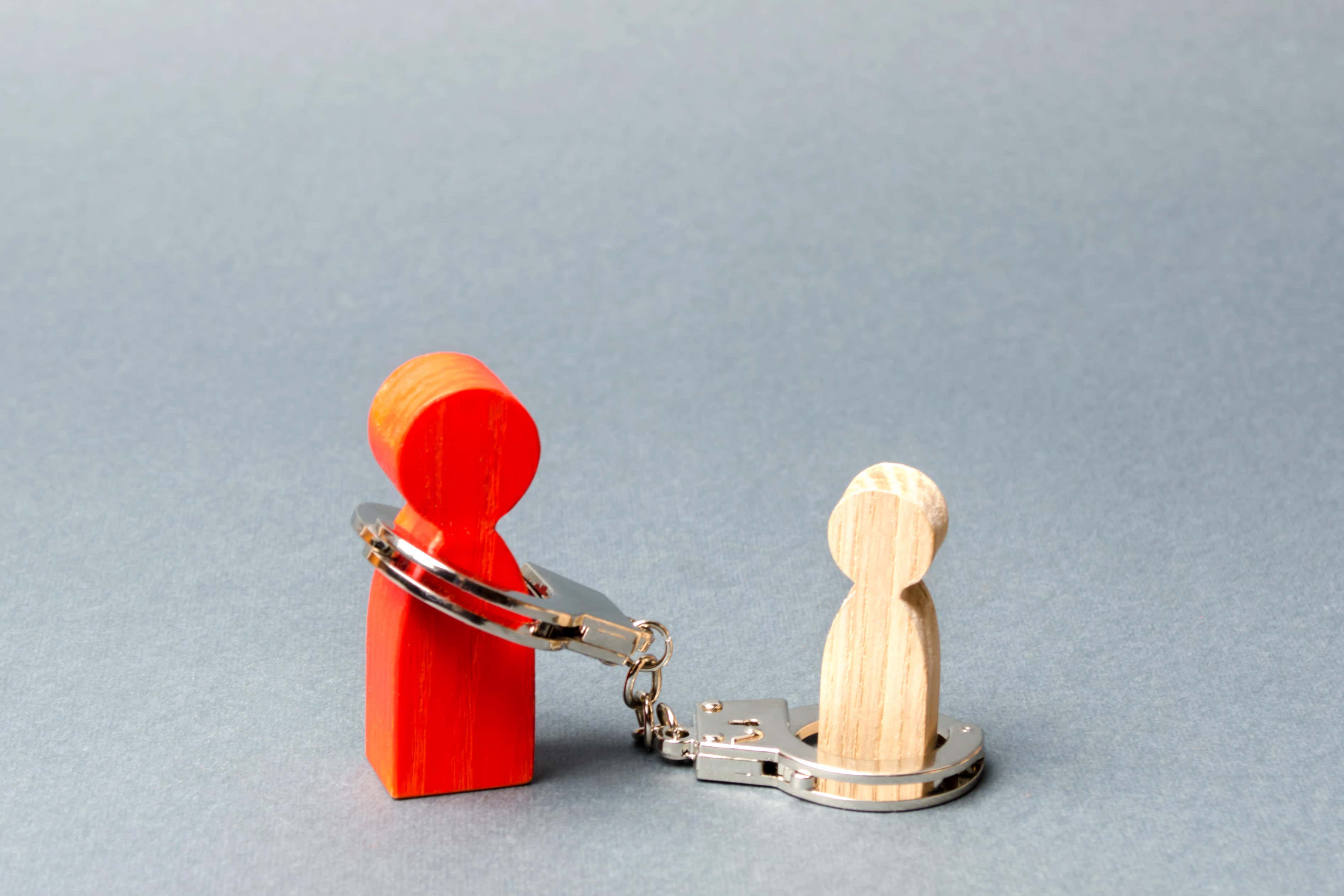MPs write to minister over concerns about ‘handcuffing of vulnerable children’
Organisers from the Hope Instead Of Handcuffs campaign, founded in 2020, said the number of such instances is not known due to a lack of data.

A cross-party group of MPs and peers has urged the children’s minister to demand better data on the use of restraints on young people in care with an aim of ending the “brutal handcuffing of vulnerable children”.
Signatories to a letter to minister for children, families and wellbeing Claire Coutinho said they are concerned about what they described as the “worrying prevalence” of vulnerable children being restrained and handcuffed unnecessarily by secure transportation providers.
They said there have been instances of “innocent children outside the custodial system” being restrained in such a way when they are being transported.
Organisers from the Hope Instead Of Handcuffs campaign, founded in 2020, said the number of such instances is not known due to a lack of data.
The letter, with signatories including Labour former shadow chancellor John McDonnell, peer and ex-Green party leader Baroness Bennett, and the DUP’s Jim Shannon, asked that Ms Coutinho meet them and members of the campaign group to address the issue.
It called for the minister to “urgently conduct a review of the data gaps in secure transportation, which preclude proper monitoring and scrutiny of providers’ restraint practices”, and stated that “accountability and transparency can be increased across the sector”.
The letter also said: “Shockingly, many secure transportation providers use restraints such as handcuffs on vulnerable children in care. To be clear, these are innocent children outside the custodial system. Some of these providers even advertise that they use handcuffs on their website.”
They said providers “should be required to record and report any instances of restraint to an appropriate body, which would be appointed by the Government to monitor and scrutinise this data”, which they said would “bring secure transportation in line with other areas of the care system, improve transparency, and initiate a cultural change within the sector that will reduce, and ultimately end, the brutal handcuffing of vulnerable children”.
The practice is unregulated and unmonitored, as there is no obligation on these providers to report any instances of handcuffing to the appropriate authority
Transport provider Serenity Welfare, which said it does not use handcuffs on children and instead uses “non-violent de-escalation and mentoring as part of a humanistic and compassionate provision of care”, said other organisations train their staff to use restraint techniques against children, including head control and handcuffing.
In evidence to the Human Rights (Joint Committee) inquiry on protecting human rights in care settings in 2021, Serenity Welfare said: “Many providers of secure transportation services for children in or on the edge of care use handcuffs on innocent children.”
They added: “The practice is unregulated and unmonitored, as there is no obligation on these providers to report any instances of handcuffing to the appropriate authority.”
A Department for Education spokesman said: “The safeguarding and wellbeing of children and young people is of the utmost importance.
“Restraint should only be used in exceptional cases where it is necessary and proportionate; for example, if there was no other way to prevent a child from seriously harming themselves or others.
“We are continuing our work with the Hope Instead Of Handcuffs campaign to explore what further action is needed.”
Bookmark popover
Removed from bookmarks